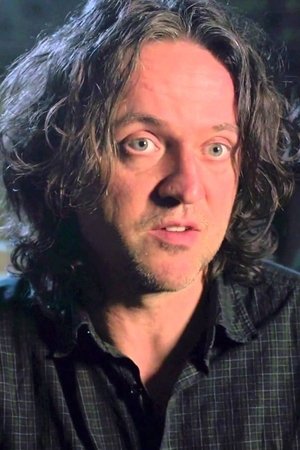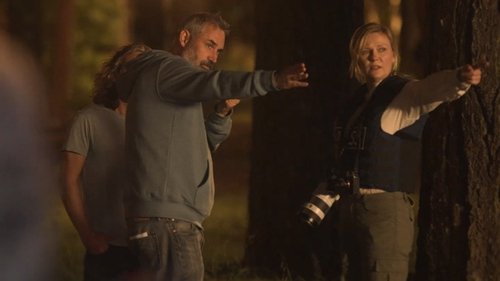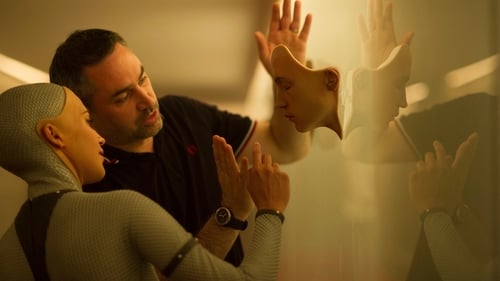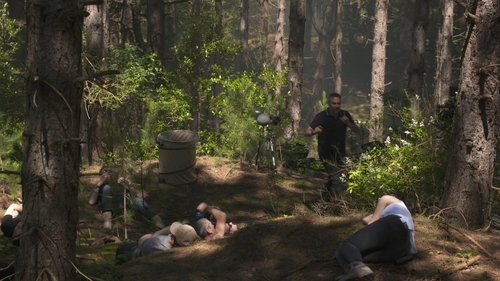
Camera
Rob Hardy
*1972 in Barking, London, England, UK
Rob Hardy, B.S.C. (born 1972), is an English cinematographer. He frequently collaborates with director Alex Garland, working on the science fiction films Ex Machina and Annihilation, as well as the television show Devs. He has also worked with John Crowley on his films Boy A (2007) and Is Anybody There? (2008). His other works include The Invisible Woman, Testament of Youth and Mission: Impossible – Fallout. Description above from the Wikipedia article Rob Hardy (cinematographer), licensed under CC-BY-SA, full list of contributors on Wikipedia.


